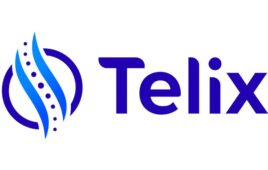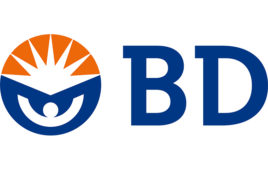
While a pharmaceutical lobby group is launching a new campaign calling attention to the common insurance company practice of basing patient out-of-pocket spending on list prices rather than discounted rates, another trade group charged yesterday that drug lobbyists are merely deflecting blame for today’s high medicine costs.
Meanwhile, The Wall Street Journal reported this week that the same lobby group, the Pharmaceutical Research and Manufacturers of America (PhRMA), just lost one of its much criticized members when Mallinckrodt PLC pulled out of the group.
As Pharmaceutical Processing reported, the company, without admitting any wrongdoing, agreed to settle with the U.S. government for $35 million to resolve a probe by federal authorities of its distribution of narcotic painkillers. Prosecutors and lawmakers have been investigating possible connections between marketing of addictive painkillers and the epidemic of opioid and heroin deaths.
According to the WSJ report, Mallinckrodt cancelled its membership in PhRMA over concern that the lobby group might change bylaws to require member companies to heavily invest in R&D.
The PhRMA bylaws adjustment perhaps ties in with an overall PR approach to improve the public image of drug makers, who have come under heavy fire in the press and at the highest levels of government for huge price increases in recent years.
The new publicity campaign, labeled “Share the Savings,” aims to educate the public about the lack of rebate pass-through for commercially insured patients with high deductibles and coinsurance. Ads are scheduled to run in print, radio, digital, and social channels throughout the year in Washington, D.C., and select states.
“Robust negotiations between biopharmaceutical companies and health plans result in significant rebates and discounts,” according to yesterday’s PhRMA press announcement, which cited a recent study from the Berkeley Research Group that reported more than a third of the list price for brand medicines is rebated back to payers and the supply chain.
“Unlike care received at an in-network hospital or physician’s office, negotiated discounts for medicines are not shared with patients with high deductibles or coinsurance,” the announcement continued.
A new analysis from Amundsen Consulting, a division of QuintilesIMS, found more than half of commercially insured patients’ out-of-pocket spending for brand medicines is based on the full list price, PhRMA reported, adding that the data also show cost sharing for nearly one in five brand prescriptions is based on the list price.
“We need to ensure patients receive more of the benefit of price negotiations between biopharmaceutical companies and payers,” said Stephen J. Ubl, president and chief executive officer of PhRMA. “It is a problem that more and more Americans are being asked by their insurers to pay cost sharing based on undiscounted list prices, even though insurers may be receiving significant rebates. Providing access to discounted prices at the point-of-sale could dramatically lower patients’ out-of-pocket costs.”
But, not so fast said the Pharmaceutical Care Management Association (PCMA) in a response statement issued yesterday afternoon.
The PCMA represents pharmacy benefit managers, which administer prescription drug plans for more than 266 million Americans who have health insurance from a variety of sponsors, including commercial health plans, self-insured employer plans, union plans, Medicare Part D plans, the Federal Employees Health Benefits Program (FEHBP), state government employee plans, Medicaid plans, and others.
“This latest campaign is an attempt to deflect blame for high drug prices onto the employers, unions, and insurers that struggle to provide affordable coverage,” PCMA said. “It’s a losing strategy to demonize plans that apply savings from rebates and discounts to reduce overall premiums and copays but can’t always afford first-dollar coverage for each new high-priced drug that comes to market.
“The messages in these ads conflict with previous statements from the drug maker lobby that plans routinely “share” discounts and rebates to reduce premiums, deductibles and cost-sharing on prescription drugs,” the brief PCMA statement concluded.
Stay tuned. This battle likely is far from over.
(Sources: PhRMA, PCMA, The Wall Street Journal, PR Newswire)




